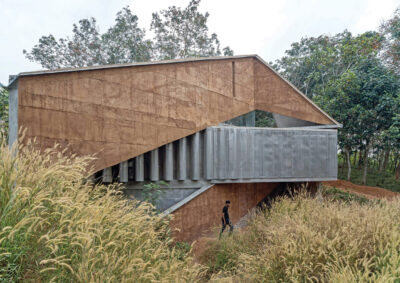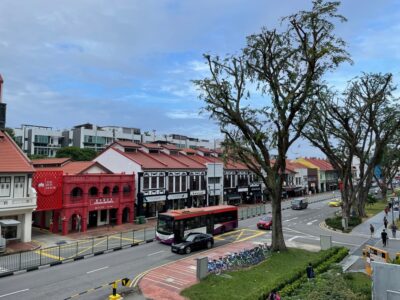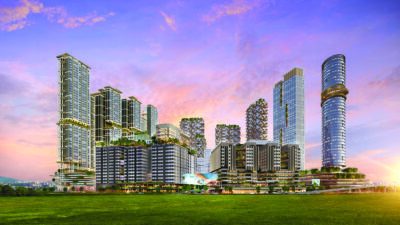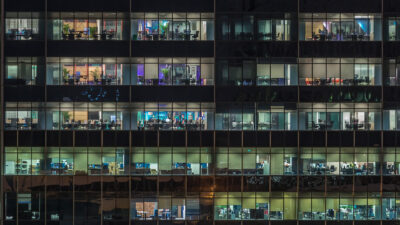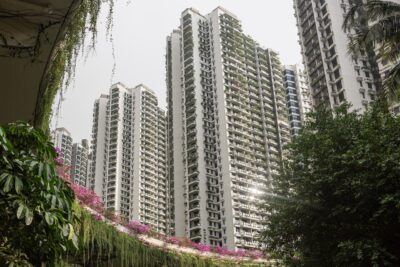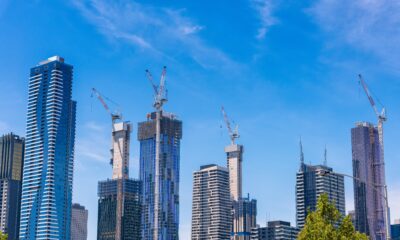Singaporeans buying homes for children amid curbs
Parents skirt the year-old cooling measures by putting properties in their kids’ name
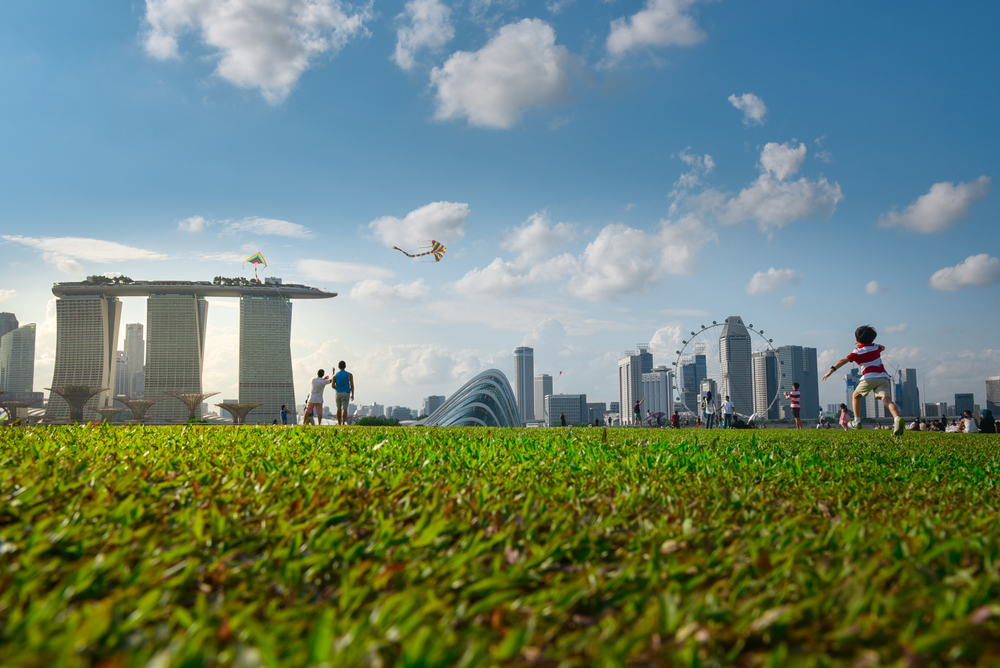
Market observers offered anecdotal evidence that more youngsters are entering the Singapore residential market—courtesy of their parents.
Increased stamp duties in the city-state over the last year have encouraged parents to “act vicariously,” using their children’s names to acquire yet another private house, reported Alan Cheong, the executive director of research and consultancy at Savills (Singapore), for Bloomberg.
“(Parents are) either genuinely concerned that their children won’t have the wherewithal to acquire private residential properties on their own, or using the first reason as an excuse to acquire properties for themselves,” Cheong said.
Additional buyer’s stamp duty (ABSD) rates on citizens were revised last year to 12 percent for second homes and 15 percent for third or more.
More: Meet the sustainability guru pushing Asia’s green building agenda
“Anecdotally we’ve observed more young home buyers entering the market, ” said Christine Sun, the head of research and consultancy at OrangeTee & Tie, adding that Singaporeans still prize property as a store of wealth.
In fact, both Cheong and Sun tell Bloomberg that more parents are exploring the option of setting up a trust account in their child’s name, with the purpose of holding the property on their child’s behalf.
However, this does not constitute a way to stamp duty avoidance, Edmund Leow, a senior partner at Dentons Rodyk & Davidson, explained. “The liability for ABSD will be assessed looking at the profile and property count of the child beneficiary. For example, any rental income, or proceeds of a subsequent sale, will belong to the child”, not the parent who bought the property.
Future property purchases would be counted as the child’s second home, incurring ABSD.
Recommended
Meet the vagabond architect behind India’s housing scene
Vinu Daniel is helping to shake up India’s home building setting
Where Asian real estate stands in a fragmented, warmer world
Asia’s real estate industry faces many and varied challenges as external factors continue to bite
6 sights to see in Singapore’s Marine Parade
Handily located Marine Parade has emerged as a vibrant investment choice in the Lion City
There’s a township dedicated to health and wellness in Malaysia
Property seekers have their health needs catered for at KL Wellness City

